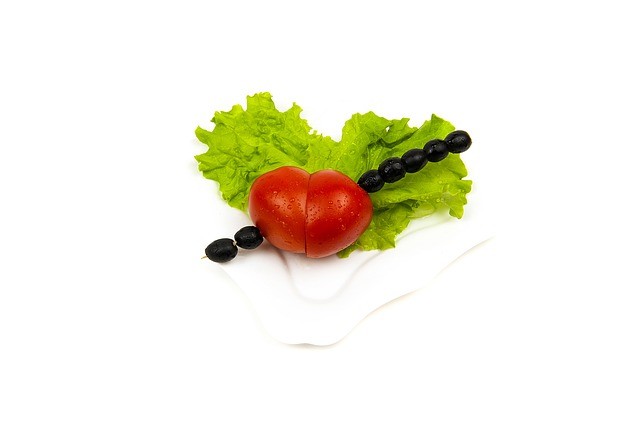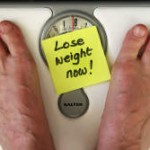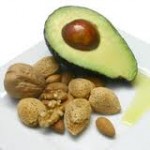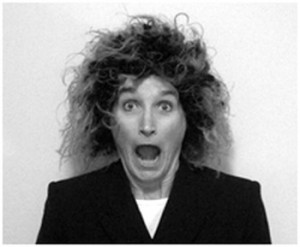A new study has indicated that women who take statins to lower their cholesterol face an increased risk of developing type 2 diabetes. With an increased risk of almost 50 percent, this study has sparked some reconsideration among the medical community about the benefits versus the risks of using statins when other cholesterol-lowering methods may help.

If you want to reduce your overall cholesterol without taking statins, start by changing your diet. Reduce the foods you eat that are high in cholesterol. Foods that are high in fats, high in sugar and overly processed are typically high in cholesterol. Choose fresh fruits, vegetables and foods that are high in fiber.
 As fiber passes through your digestive system, it can help flush the cholesterol from the foods you eat, keeping it from absorbing into your body. Read cookbooks and nutrition guides based on low-cholesterol cooking to help you gain ideas for a healthy menu that will help you manage your cholesterol naturally.
As fiber passes through your digestive system, it can help flush the cholesterol from the foods you eat, keeping it from absorbing into your body. Read cookbooks and nutrition guides based on low-cholesterol cooking to help you gain ideas for a healthy menu that will help you manage your cholesterol naturally.
 Reduce your body weight. If you cut back your caloric intake by a small amount each day, gradually eating less each week, you can lower your body weight. This reduction in weight will naturally reduce your cholesterol. Add foods to your diet that have a history of reducing cholesterol. Foods like soy products, fish, eggplant and okra can help reduce your total cholesterol levels. Likewise, nuts are a great dietary addition to help manage cholesterol.
Reduce your body weight. If you cut back your caloric intake by a small amount each day, gradually eating less each week, you can lower your body weight. This reduction in weight will naturally reduce your cholesterol. Add foods to your diet that have a history of reducing cholesterol. Foods like soy products, fish, eggplant and okra can help reduce your total cholesterol levels. Likewise, nuts are a great dietary addition to help manage cholesterol.
 Dietary changes: A few other small changes in the foods you eat can help reduce your cholesterol. Replace butter, margarine and high fat, creamy dressings with products made from olive oil, canola oil or sunflower oil. These oils will help reduce your LDL levels while other fatty oils can increase your bad cholesterol. Omega-3 fatty acids, niacin supplements and the plant sterols found in fruits, vegetables and beans are cholesterol-lowering supplements.
Dietary changes: A few other small changes in the foods you eat can help reduce your cholesterol. Replace butter, margarine and high fat, creamy dressings with products made from olive oil, canola oil or sunflower oil. These oils will help reduce your LDL levels while other fatty oils can increase your bad cholesterol. Omega-3 fatty acids, niacin supplements and the plant sterols found in fruits, vegetables and beans are cholesterol-lowering supplements.
 Be Active: Along with dietary changes, becoming more active can make a significant difference in your overall health, including cholesterol levels. Try to schedule 30 minutes each day for active exercise. This can help reduce your LDL levels while simultaneously increasing your HDL, replacing bad cholesterol with good.
Be Active: Along with dietary changes, becoming more active can make a significant difference in your overall health, including cholesterol levels. Try to schedule 30 minutes each day for active exercise. This can help reduce your LDL levels while simultaneously increasing your HDL, replacing bad cholesterol with good.
 Quitting smoking can also help lower your cholesterol. Smoking reduces your body’s good cholesterol levels, which can let bad cholesterol grow. Eliminate cigarettes from your diet to eliminate the effects. Some medical studies believe that consuming one alcoholic drink daily will also help improve your good cholesterol levels.
Quitting smoking can also help lower your cholesterol. Smoking reduces your body’s good cholesterol levels, which can let bad cholesterol grow. Eliminate cigarettes from your diet to eliminate the effects. Some medical studies believe that consuming one alcoholic drink daily will also help improve your good cholesterol levels.
By Enrico Fortie: healthy eating pro and blogger. He blogs about the Greek Mediterranean Diet on http://www.mediterraneanbook.com.



Leave a Reply